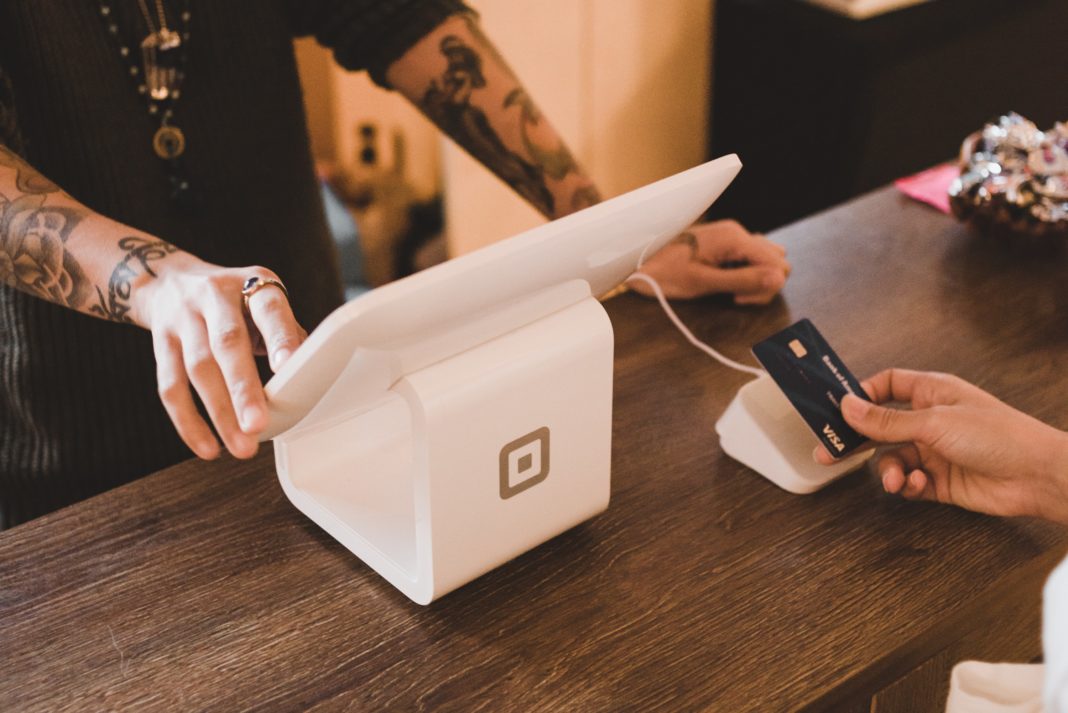While attending the Visa first quarter earning calls this Thursday, chairman and CEO Al Kelly shared the company’s view towards virtual currencies. He dedicated a portion of his time on reasserting the company’s commitment towards crypto payments and on-ramps.
The financial services firm with assets totaling above $81 billion (as of 2020) has been aggressive in pursuing crypto payments through various means including partnerships enabling crypto debit cards and investment in Zap, a crypto payments start-up that had raised $3.5 million in its first round before the investment.
All these actions and comments cement the fact that Visa still has long-term plans in the sector, and the company believes itself to be in a commendable position to approach them. On reading the transcript of the call, Kelly stated that “we believe that we are uniquely positioned to help make cryptocurrencies more safe, useful and applicable for payments,” on account of Visa’s size, integrations as well as their brand recognition.
Ethereum fans as well as the explosive phenomena of DeFi might not be in tune with the company’s somewhat archaic view on smart contract platforms, however.
Kelly said that Visa categorizes blockchain assets into two categories: “cryptocurrencies that represent new assets like Bitcoin” and serve as a store-of-value, and “stablecoins that are directly backed by existing fiat currencies” which are more used for payments on a routine basis.
For store-of-value coins, Kelly said that Visa will aim to serve as a fiat on-ramp, i.e. making it easier for users to use the traditional currencies to interact with digital currency platforms, wallets, and more.
“Our strategy here is to work with wallets and exchanges to enable users to purchase these currencies using their Visa credentials or to cash out onto our Visa credential to make a fiat purchase at any of the 70 million merchants where Visa is accepted globally.”
Visa’s stance towards stablecoins like Tether and Binance also looks bullish, Kelly mentioned for them the fact that “an emerging payments innovation that could have the potential to be used for global commerce, much like any other fiat currency.“

